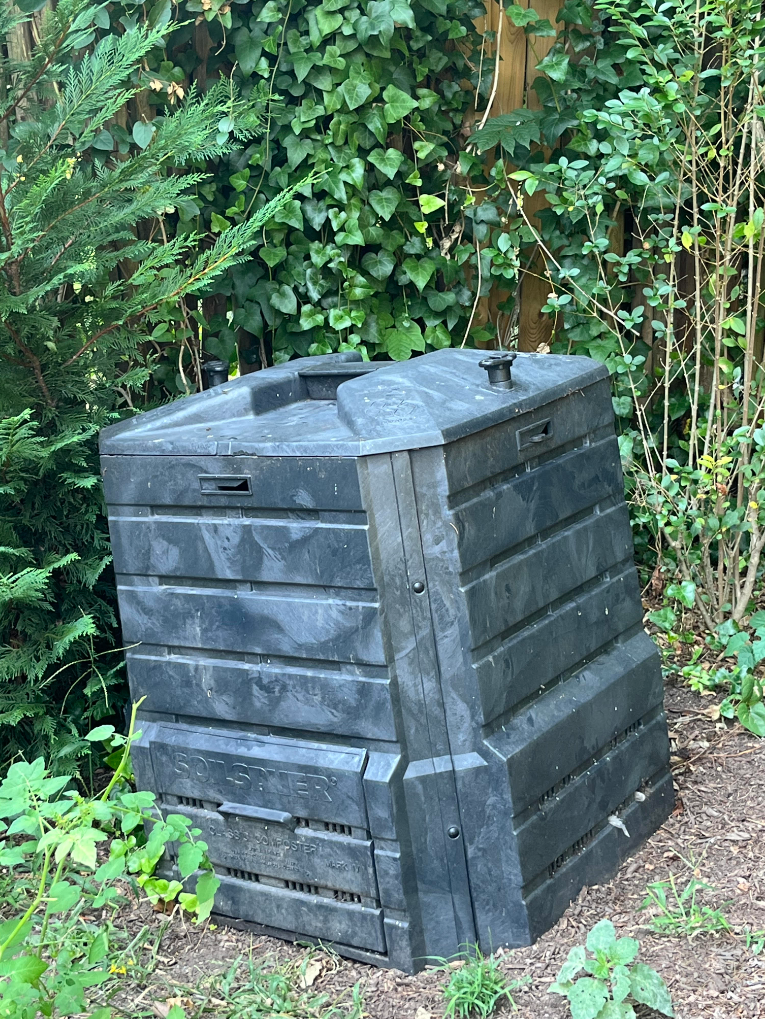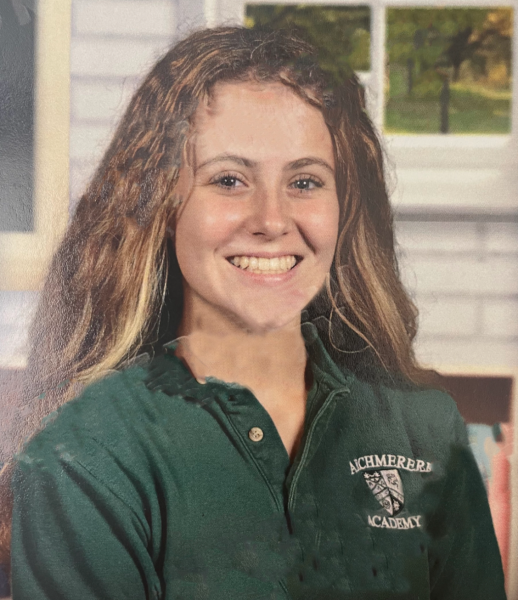Vaccines: FDA Approval and Booster Shots
November 23, 2021
The world has lived with Covid-19 for about 2 years. Scientists worked tirelessly to develop a vaccine until one was made available to the public in December of 2020. This was the Pfizer vaccine, and later, the Moderna and Johnson & Johnson vaccines were created.
In the beginning, the three vaccines were only approved by the FDA for emergency purposes. After 8 months, on August 23rd, the Pfizer vaccine was officially approved by the FDA in the United States. At first, the Pfizer vaccine was only available for individuals 16 years and older, but since May, anyone as old as 12 can receive it. The Moderna and Johnson and Johnson vaccines are only recommended for everyone 18 years old and older. Since September, Pfizer has been seeking permission from the FDA to authorize the vaccine for kids ages 5 to 11 years old. On Friday, October 29th, they got permission. Pfizer and Moderna vaccines include two shots, with the second shot coming one month after the first. However, the Johnson and Johnson only requires one shot to be administered. Then, in late September, the FDA approved and recommended a Pfizer third shot or “booster shot.” It is eligible for anyone 65 years of age and older.
However, this does not mean everyone will want to or can receive the vaccine. Citizens fear the side effects of these vaccines, such as tiredness, headache, muscle pain, chills, fever, and nausea. This is due to the immune system reacting to the vaccine, just like it would when someone gets sick. Michelle Zhang, an Archmere student, says “I suffered from a fever, but I’m glad I got the vaccine.”
Another few reasons United States citizens don’t receive that vaccine are believing they don’t need the vaccine, distrusting the vaccine, distrusting the government, and/or thinking that Covid 19 isn’t a threat. This has led to only 47.5% percent of people in the world receiving at least one dose of the Covid-19 vaccine and 36% receiving both. For example, an Archmere student can’t get the vaccine because their parents “believe it hasn’t gone through the typical FDA trials and certain people in the population are unsure of its safety.”0
In the United States, 66% of people have received at least one dose and 57% are fully vaccinated. The countries with the highest vaccination rates are the UAE, Portugal, and Cuba. Pfizer shots for kids ages 5 to 11 years old should be distributed next week.
















